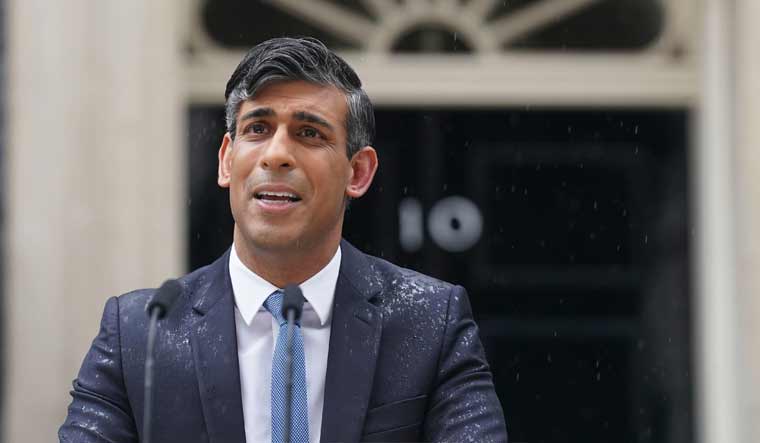In the world of politics, timing is everything. And for Rishi Sunak, the Chancellor of the Exchequer, the allure of an early election seems to be a siren call he finds hard to resist.
Recent reports suggest that Sunak is “desperate” to call for a snap election, a move that has raised eyebrows and concerns among political analysts and the public alike.
But why is this perceived eagerness for early polls not sitting well with many?
Firstly, let’s examine the context. Rishi Sunak has been a prominent figure in British politics, especially since his appointment as Chancellor in February 2020.
His handling of the economy during the COVID-19 pandemic has drawn both praise and criticism. While his measures to support businesses and workers have been lauded, questions have been raised about the long-term economic impacts of his policies, including the mounting national debt.
Against this backdrop, the prospect of an early election raises several pertinent questions. Is Sunak’s eagerness driven by a genuine desire to secure a fresh mandate from the electorate, or is it a calculated political move aimed at capitalizing on favorable polling numbers?
Additionally, would an early election truly serve the interests of the country, or would it be a disruptive distraction at a time when stability and continuity are paramount?
One of the primary concerns surrounding the idea of an early election is the potential for it to be seen as opportunistic.
Sunak’s critics argue that calling for polls ahead of schedule could be interpreted as a cynical attempt to exploit the current political climate for personal or party gain.
It may also be perceived as an attempt to capitalize on the perceived weaknesses of the opposition, rather than a genuine effort to engage in substantive debate and policy discussion.
Moreover, there are practical considerations to take into account. Holding an election requires significant resources, both in terms of time and money.
At a time when the country is still grappling with the aftermath of a global pandemic, diverting attention and resources away from pressing issues such as healthcare, education, and economic recovery could be seen as irresponsible and short-sighted.
Furthermore, the timing of an early election could have unintended consequences for the political landscape. It could potentially disrupt ongoing negotiations or legislative processes, leading to further uncertainty and instability.
In the midst of global challenges such as climate change, geopolitical tensions, and economic volatility, the last thing Britain needs is a period of political upheaval.
Ultimately, the decision to call for an early election should not be taken lightly. It is a decision that carries significant implications for the future of the country and its citizens.
While there may be valid reasons for seeking a fresh mandate from the electorate, it is essential that such a decision is made with the utmost care and consideration for the broader interests of the nation.
In conclusion, Rishi Sunak’s purported eagerness to call for an early election raises important questions about political timing and responsibility. While it is natural for politicians to seek validation from the electorate, the decision to hold an election should not be driven by short-term considerations or personal ambitions.
Instead, it should be guided by a commitment to democratic principles, transparency, and the long-term well-being of the country. Only then can we ensure that our democratic processes remain robust and resilient in the face of uncertainty and challenge.


